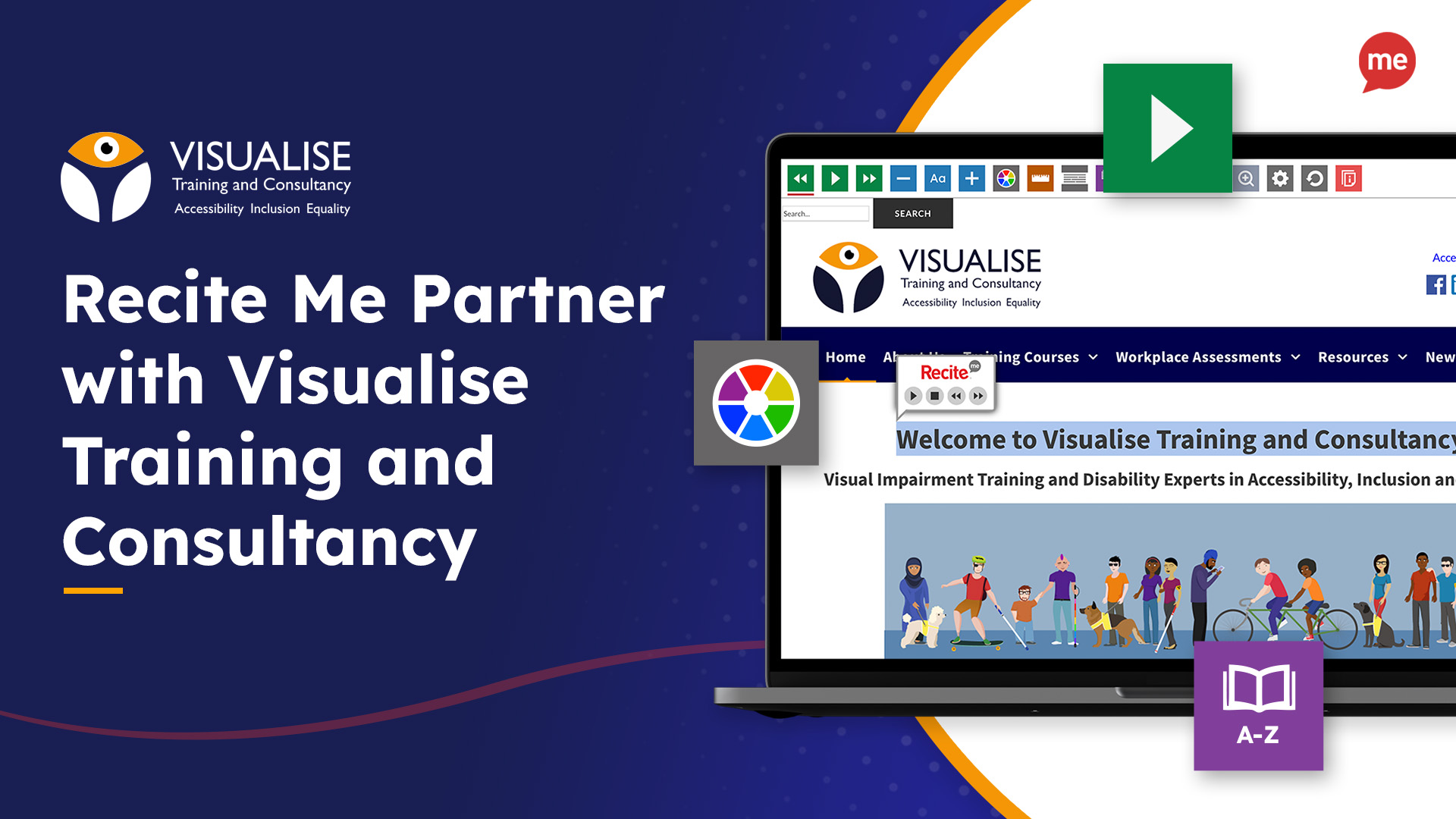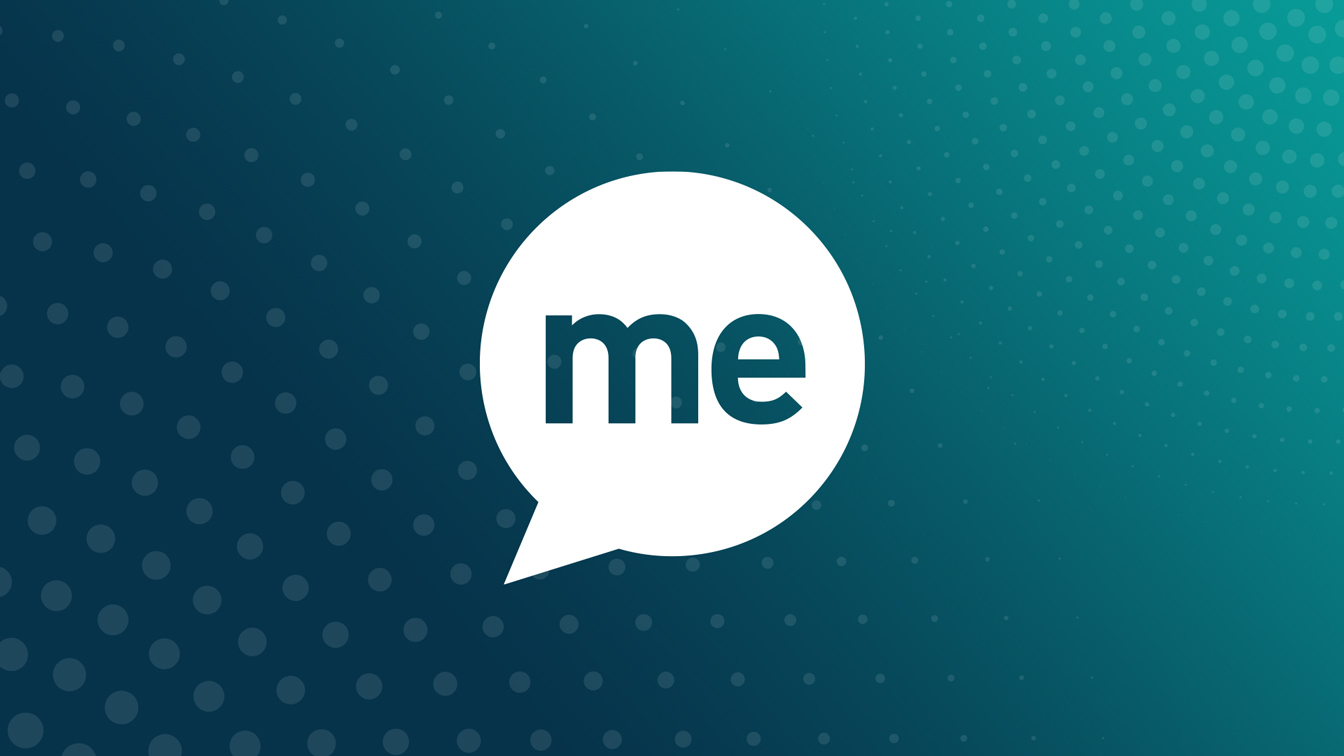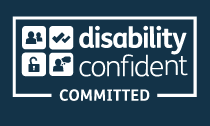Today’s world is totally based around web access and since the onset of COVID this has become even more prevalent.
Let’s take a moment to think how much of our daily lives involve looking at and interacting with a website:
- Researching a product or a topic
- Shopping
- Researching a company
- Applying for a job
- Ordering a takeout
- Surfing on social media
- Banking
- Paying a bill
- Claiming a government benefit
- Buying/Selling/Renting a House/Apartment
- Sending a gift/card/flowers
- Booking a holiday/travel/commuting
- Listening to music
- Installing new software…the list is endless, isn’t it?
Now imagine that you are dyslexic*. What obstacles would you face to achieve what we have all come to take for granted as a part of everyday life.
As a Neurodiversity Consultant for Creased Puddle and as a mother of a dyslexic child, I know only too well how this can disable a person who does not see themselves as disabled at all. However, they are disabled by an environment, which does not always make allowances for neurodivergent thinkers.
Companies are constantly aiming to attract top talent. The millennial generation consciously look to work for organisations who take their neurodiversity pledges seriously and this includes the whole client/employee journey. The company website itself is the start of that journey.
Reading volumes of block text on a screen, in a font and colour that is not dyslexia friendly can cause challenges with executive function*, stress and headaches for many neurodivergent thinkers, not only dyslexics. The clarity of the sentences used can cause difficulties for autistic people too. How often are large volumes of text on websites wordy and ambiguous.
Competency Framework explanations come immediately to mind for me, using sentences such as, “you will be required to develop business relationships”.
An autistic client once said to me, “How do I build a relationship with a business? It is not a person.” A much better explanation would have been…” you will be required to develop a network of contacts within the organisation…”
So how can ND users get the most from their web experience?
At Creased Puddle we use Recite Me Website Accessibility Software to ensure our message reaches everyone.
Recite Me is a cloud-based assistive technology toolbar that allows website visitors to customise your content so that they can consume it in ways that work best for them.
The unique toolbar provides users with screen reading functionality, multiple reading aids, customisable styling options, and an on-demand live translation feature that boasts over 100 languages including 35 text-to-speech and styling options.
We have found that it not only provides flexibility for the neurodivergent user, but everyone can benefit, we’ve even used it on our training to show what tech can do.
We want to encourage organisations to embed the principles of an inclusive neurodiversity strategy for future generations. The impact on clients and customers should not be undervalued or ignored.
At Recite Me we also have a state of the art accessibility checker, which allows websites to assess and improve their websites on a range of accessibility criteria.
* “Dyslexia is a learning difference which primarily affects reading and writing skills. It is about difficulty processing and remembering information they see and hear, which can affect learning and the acquisition of literacy skills. ​Dyslexia can also impact on other areas such as organisational skills.” (British Dyslexia Association)
* Executive Function includes processing speed, working memory, time management and planning and organisational skills.
* “Autism is a lifelong, developmental disability that affects how a person communicates with and relates to other people, and how they experience the world around them”. (National Autistic Society)
Remi Chappell – Neurodiversity Coach and Trainer, Creased Puddle Ltd.






